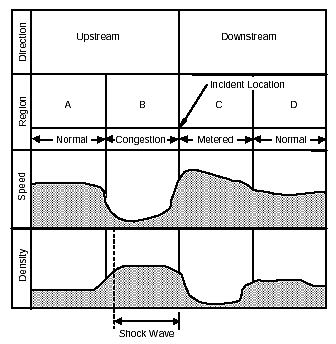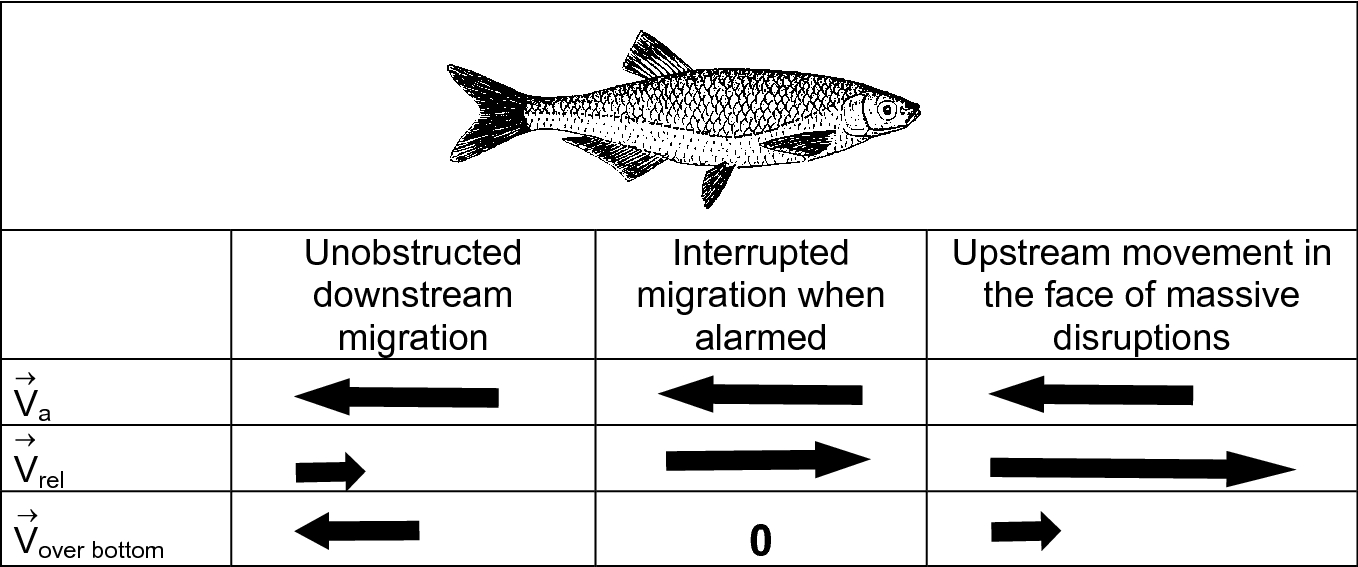1 more recent attention has been fueled by the growing understanding of both upstream macro level and downstream micro level social determinants of health.
Downstream floor more dangerous than upstream.
A creek only 6 inches deep in mountainous areas can swell to a 10 foot deep raging river in less than an hour if a thunderstorm lingers over an area for an extended period of time.
In public health there is the concept of upstream and downstream factors.
Unlike the difference between left and right which has an easy mnemonic device1 there is no easy way to remember which part of a river is upstream.
Since water levels are rising all over the world today every single coastline is undergoing submergent t f.
Sometimes the thunderstorms that produce the heavy rainfall may happen well upstream from the impacted area making it harder to recognize a dangerous situation.
Take the sad tale of the great adventurer willard p.
Technical guidance for calculating scope 3 emissions 95 catego 8 upstream leased assets average data method which involves estimating emissions for each leased asset or groups of leased assets based on average data such as average emissions per asset type or floor space.
Companies may also calculate the life cycle emissions associated with manufacturing or constructing leased assets.
The analogy of the river is used to describe how pre existing social cultural financial environmental and historical factors ultimately go on to influence health outcomes in a profound way 1.
Downstream floods are more dangerous than upstream floods.
Population health defined broadly as the distribution of health related risks and outcomes within and across populations has been developing as a subject of scientific inquiry and public health practice for more than two centuries.
The water levels in the oceans are rising today not falling t f.
However in the vicinity of the downstream target building s windward wall at around 1 8 d y adjacent to the downstream building the velocity magnitude is not significantly reduced by the presence of an upstream.
A spit is a depositional feature caused by the longshore current reducing its speed allowing.








